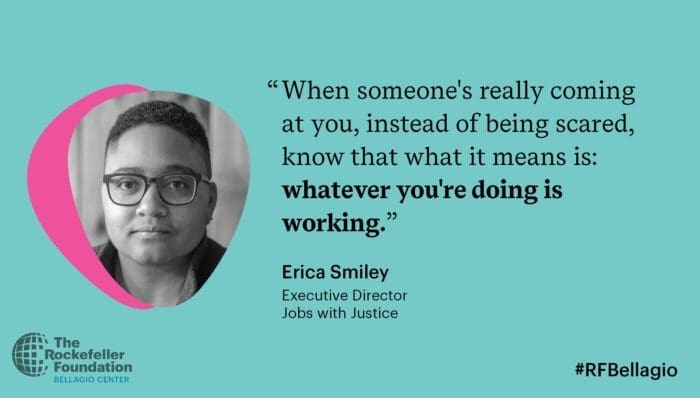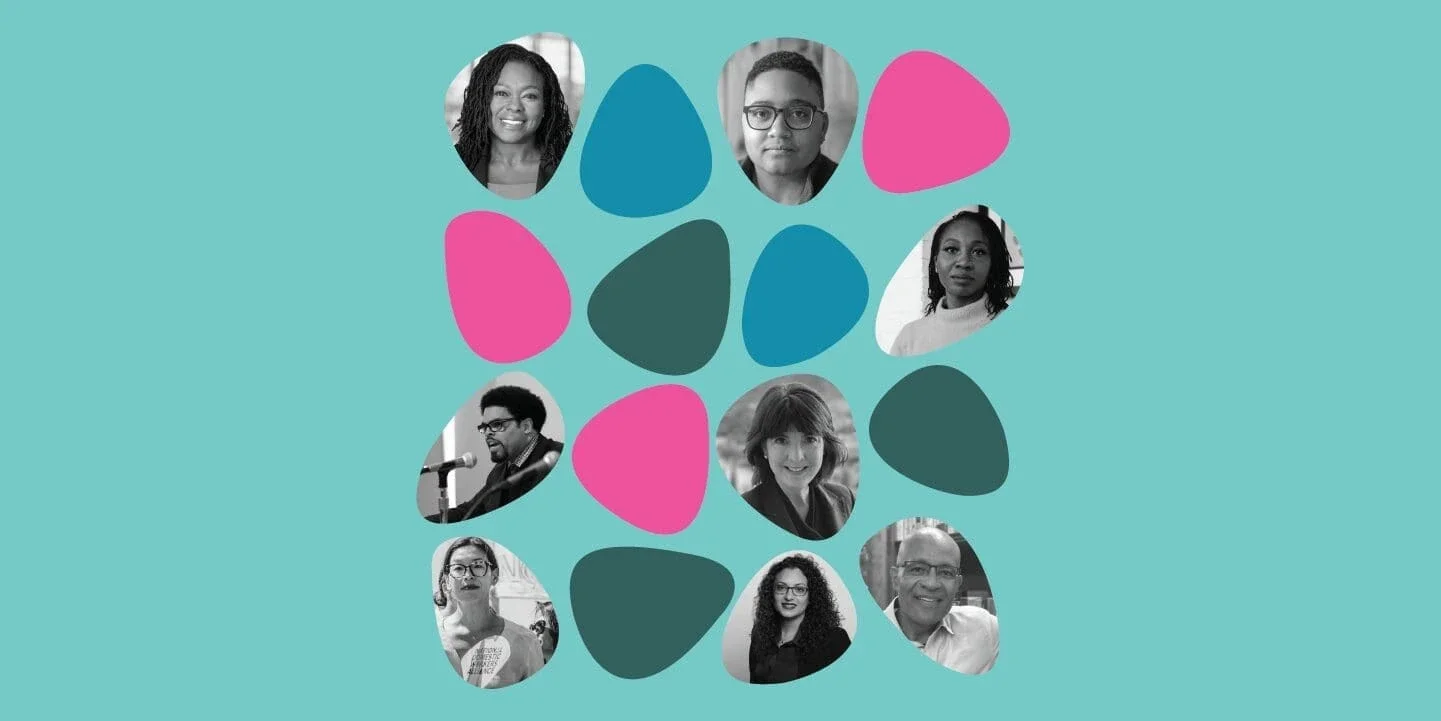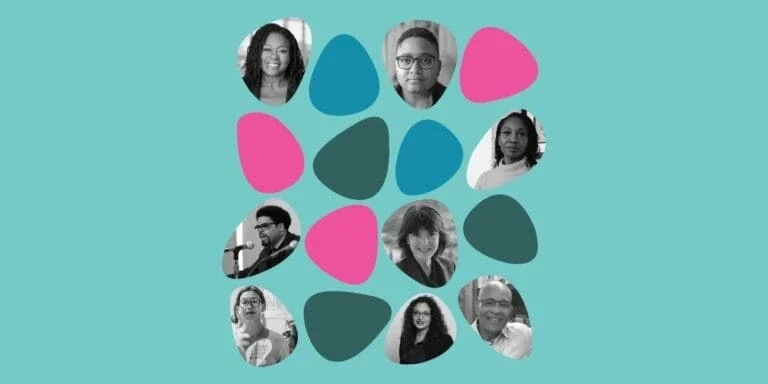Editor’s note: Erica Smiley was in her early teens when Black women workers stood up against K-Mart in her hometown of Greensboro, N.C., seeking better work conditions. She participated in discussions in her church, which boycotted K-Mart and held a sit-down at a local golf course. The workers won–and Smiley got her first lesson in the power of collective action.
As Executive Director for the nonprofit Jobs with Justice and a seasoned movement leader, she has been instrumental in developing the nonprofit’s vision of expanding collective bargaining power for workers as a path to healthier democracies for all.
As a Bellagio Center Resident in July 2023, she plans to examine global movements and experiments in collective action, with a focus on workers at Amazon.
How is your work helping to build a more racially and economically just society?
In that first week of April 2022, workers who had been organizing at Amazon for a long time won the first union election in Staten Island. And in Birmingham, in Bessemer, Alabama, the same week, you have a predominantly Black faculty and one of the leaders literally saying at a rally, “this is our Black Lives Matter movement right here.”
So, it was clear that people weren’t just fighting for workers’ rights, but they actually saw this as their contribution to saving democracy.
On the same day that the Staten Island workers won their election, women in India had success. The “Tamil Nadu Textile and Garment Labour Union,” along with the Asia Floor Wage Alliance and Global Labor Justice, won the first global brand bargaining agreement. They achieved this by centering the fight against gender-based violence because female workers had been facing assault and harassment by managers. Gender-based violence got the companies to the table. After years.
These events let me know there were probably things that I was missing that were happening in other parts of the world. So I wanted to really build out some time to think and to identify other efforts around the world that could inform how we take on some of these multinational corporations in the U.S. It is crucial to find new tactics that are evolved to fit the realities of modern employment while also supporting democratic ideals and strong worker governance.
What breakthroughs do you envision needing to happen by 2050 for us to arrive at the racially and economically just society that you envision?
One breakthrough is being able to acknowledge the history of race and also to acknowledge that racism hurts white people too. It’s keeping us all back. So let’s try to organize campaigns and movements that actually fight together as opposed to in their own siloes.
Another breakthrough that I think has to happen is that as a society in the U.S., we need to grapple with the practice of bailing out companies with our tax dollars. What are the demands we are making on that money? Does it mean that we own part of the company now? There has to be an understanding of what is ours to ask for. It’s a relationship, it’s an economic relationship, and all relationships are negotiable.

What keeps you up at night about achieving your goals? What makes you optimistic?
The anxiety – taking on these big fights puts a big target on your back. And I don’t just mean me as an individual, but I mean the relentlessness with which they will crush attempts to negotiate. It’s not like I can protect a worker from getting fired, you know. It’s really hard. It’s really painful. You have to be able to metabolize disappointment on a daily basis.
On the optimistic side, I have to think about what my ancestors thought about, like during the 1850 Fugitive Slave Act, for example. Where people were getting ‘disappeared’ from northern cities and sent to plantations as runaways, even if they had been born free. How could they have predicted that 15 years later, abolition would come? That there would be Reconstruction, that there would be Black senators from Mississippi? And so when I feel really discouraged, I like to remind my colleagues and our members and our movement leaders that a lot of folks have been in situations that were much worse and thought it was never going to end. And then they won.
And sometimes by design, that’s how you’re made to feel before you win. In fact, when someone’s really coming at you, instead of being scared, what it means is that whatever you’re doing is working. And so I really hold onto that when I take on the big fights and that gives me a lot of hope.
Learn More: Discover more about Jobs With Justice, read “The Future We Need”, and follow Erica on Twitter.

